A senior investigator who resigned from the House Foreign Affairs Committee last week is hitting back at the committee’s attempts to defend its investigation into the United States’s military withdrawal from Afghanistan.
Jerry Dunleavy, a former Washington Examiner reporter who wrote a book about the fall of Kabul in the summer of 2021, joined the Foreign Affairs Committee at the behest of senior staff about a year ago. In his resignation letter that was made public last week, Dunleavy accused the committee and Chairman Michael McCaul of not running a serious investigation into the Biden administration’s withdrawal from the twenty-year war in Afghanistan.
“Even as I applaud the committee’s successes, many of which have come because of your continued leadership on this issue, I must also recognize and highlight the investigation’s faults, particularly the missed opportunities resulting from the committee’s unwillingness or inability to pursue critical testimony and from its failure to go down key investigative avenues,” Dunleavy wrote.
Emily Cassil, a spokesperson for the House Foreign Affairs Committee, responded in a statement that McCaul “pours his heart and soul into getting answers for our Gold Star families and Afghanistan veterans.”
“That will be evident in a few weeks when he releases his expansive report, which is the result of thousands of hours of work on both the staff and member level,” Cassil said.
Dunleavy, however, charges that the committee failed to interview key witnesses who might have insight into on-the-ground security failures related to the chaos at the Kabul airport and the Abbey Gate suicide bombing that killed thirteen service members, as well as witnesses to the decision-making process in Washington. He says they also refused to hold unclassified hearings with some witnesses so the transcripts could be released to the public. The committee notably did not interview Wendy Sherman, Samantha Power and Victoria Nuland at all and only just recently sent a letter to Secretary of State Antony Blinken asking him to testify.
“I had a meeting with Chairman McCaul… about joining the investigation, and I was very consistent in what I wanted an investigation to look like. I said it should be serious. It should be broad in scope. I was always very consistent that I thought we needed to look at all angles and all elements,” Dunleavy told The Spectator. “I’m actually not asking that Chairman McCaul pour his heart and soul into this. I’m actually asking for something much more basic. Do the very, very basic things that a serious investigation needs to do. Bring in the people that need to be brought in. Get the documents that need to be gotten. Ask the tough questions that need to be asked.”
The House Foreign Affairs committee also now stands accused of sending around a background document that attempts to defend itself from Dunleavy’s allegations while taking personal swipes at his professional experience. The document notes that multiple media outlets, such as Axios and Punchbowl News, have described the committee’s investigation into the Afghanistan withdrawal as the “most effective, serious investigation on the Hill.” It also states, “Legal parameters on Congress’ authority & a lack of cooperation by the White House have put limitations on our investigation. I can understand someone without prior Hill experience being unfamiliar with these kinds of Constitutional challenges & finding them frustrating.”
“The problem here is that I understand all too well how Capitol Hill works,” Dunleavy explained. “I was an investigative reporter for a number of years. I covered numerous congressional investigations. And I understand very well what a serious investigation looks like and what a serious investigation does. And this was not a serious investigation.”
“I was just hoping that this investigation, because of how important it was and because of the real need for answers and accountability, that this investigation would be one of those rare ones that is actually serious. That simply didn’t end up being the case,” he added.
When reached via email for comment, Cassill declined to confirm that the House Foreign Affairs Committee put together the background document and did not address specific complaints raised by Dunleavy in his resignation letter and in subsequent interviews.
Among those are Dunleavy’s claim that McCaul accepted dubious conclusions about the Abbey Gate bombing reached by Centcom in its investigation of the incident. “I did not think that Centcom’s conclusions always lined up with the evidence provided by witnesses,” Dunleavy, who said he reviewed all 1,200-plus pages of the Centcom report, asserted.
“Centcom has insisted since their initial review in 2022, and then in their supplemental review, that the Abbey Gate bombing was not preventable,” Dunleavy explained. Indeed, a review of the supplemental report on the Department of Defense’s website says it did not matter that the Taliban released the ISIS-affiliated bomber from prison ahead of the attack “because the terror organization already had multiple suicide bombers available.”
“It’s a pretty outrageous conclusion because a normal person, a reasonable person, would say… if that bomber was sitting behind bars rather than being freed, that bomber would not have been able to carry out the Abbey Gate attack and it might have been prevented,” Dunleavy said. “I was asked to brief Chairman McCaul on what I had assessed to be the important findings of the Centcom investigation… but after he received his classified briefing by Centcom, he was not interested in hearing my assessment. He said that he agreed with Centcom findings and that he did believe that the military or military commanders were in any way at fault for what had happened at Abbey Gate.”
“He took their word at face value and wasn’t even open to hearing the assessment that his own staff member had done based on an independent review of the facts,” Dunleavy said.
The committee is set to release its final report on the Afghanistan withdrawal within a matter of weeks, but Dunleavy says he is not giving up trying to pressure Chairman McCaul and the other committee members to take a deeper look at the institutional failures that took place in the summer of 2021.
“I’m going to continue to bang the drum on this. After a year of trying to get the committee to do the right thing and trying to do it behind the scenes, I hope that going public and continuing to attempt to apply some public pressure works.”



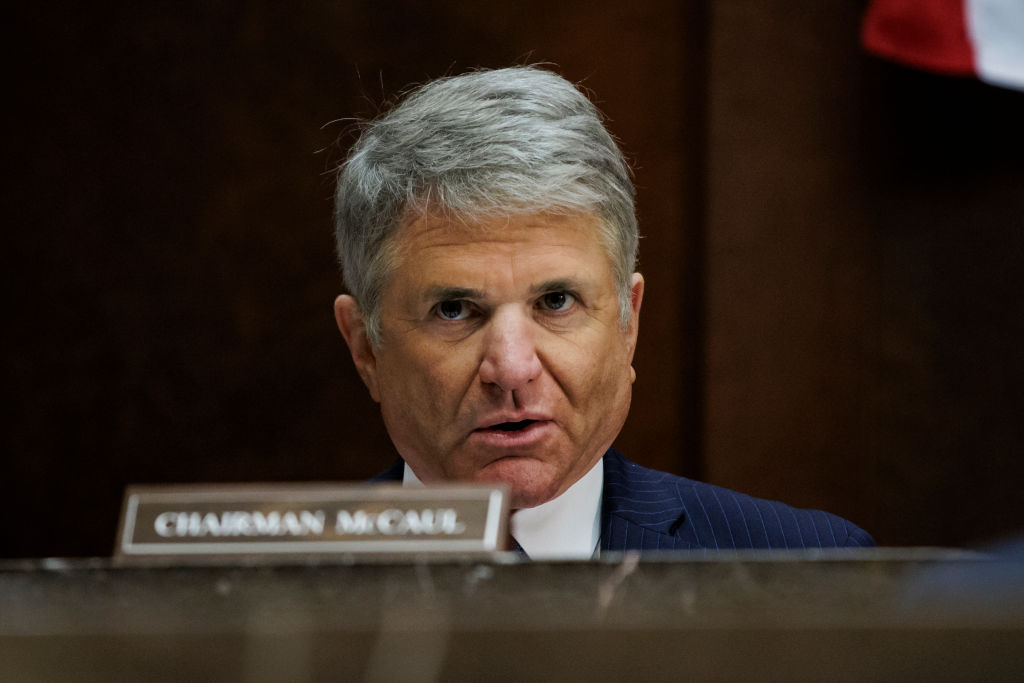






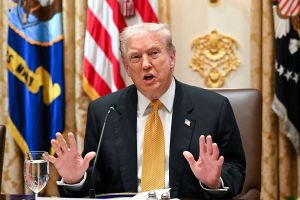
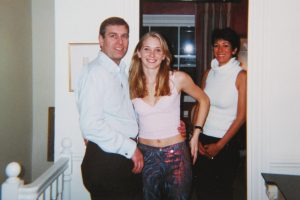

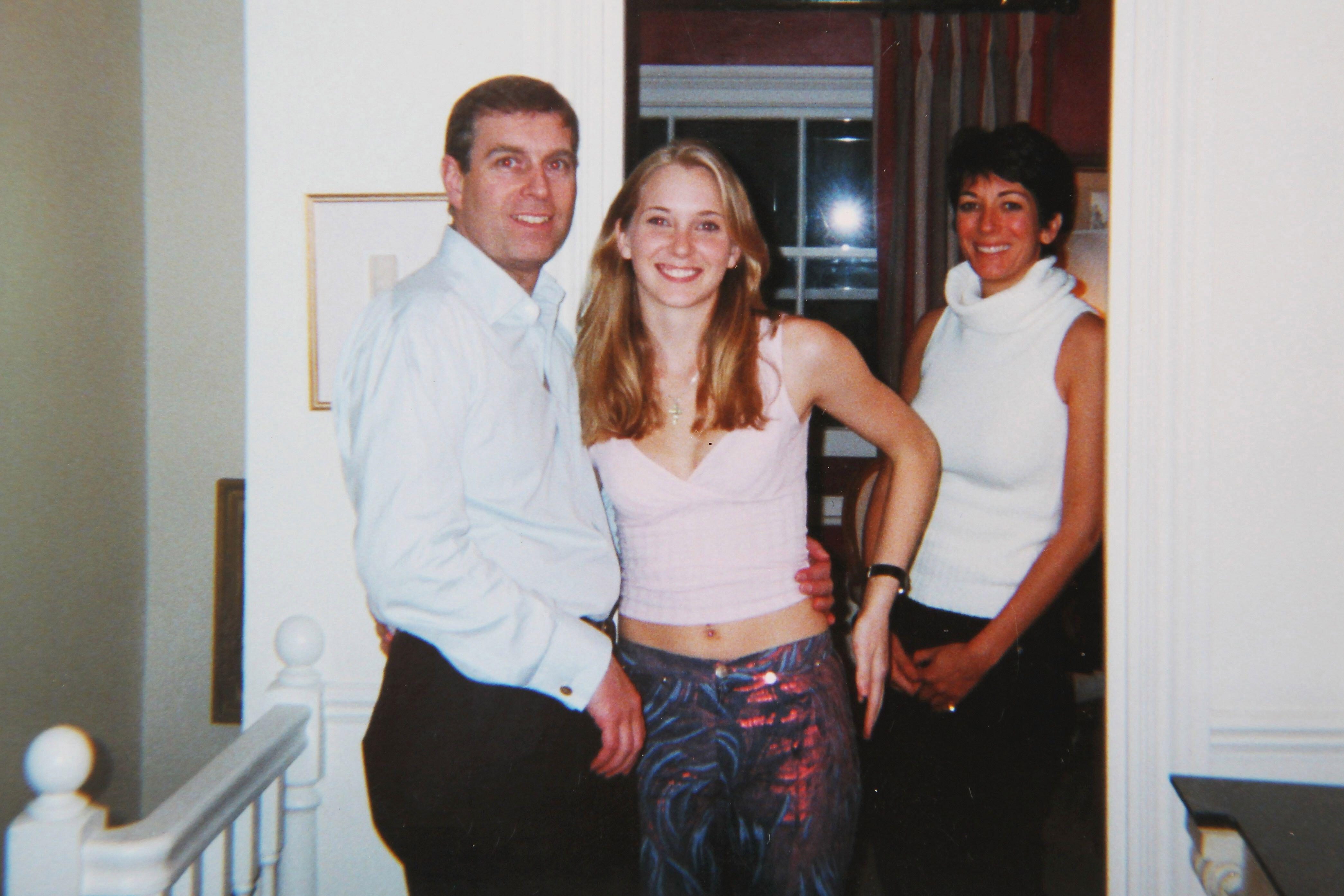
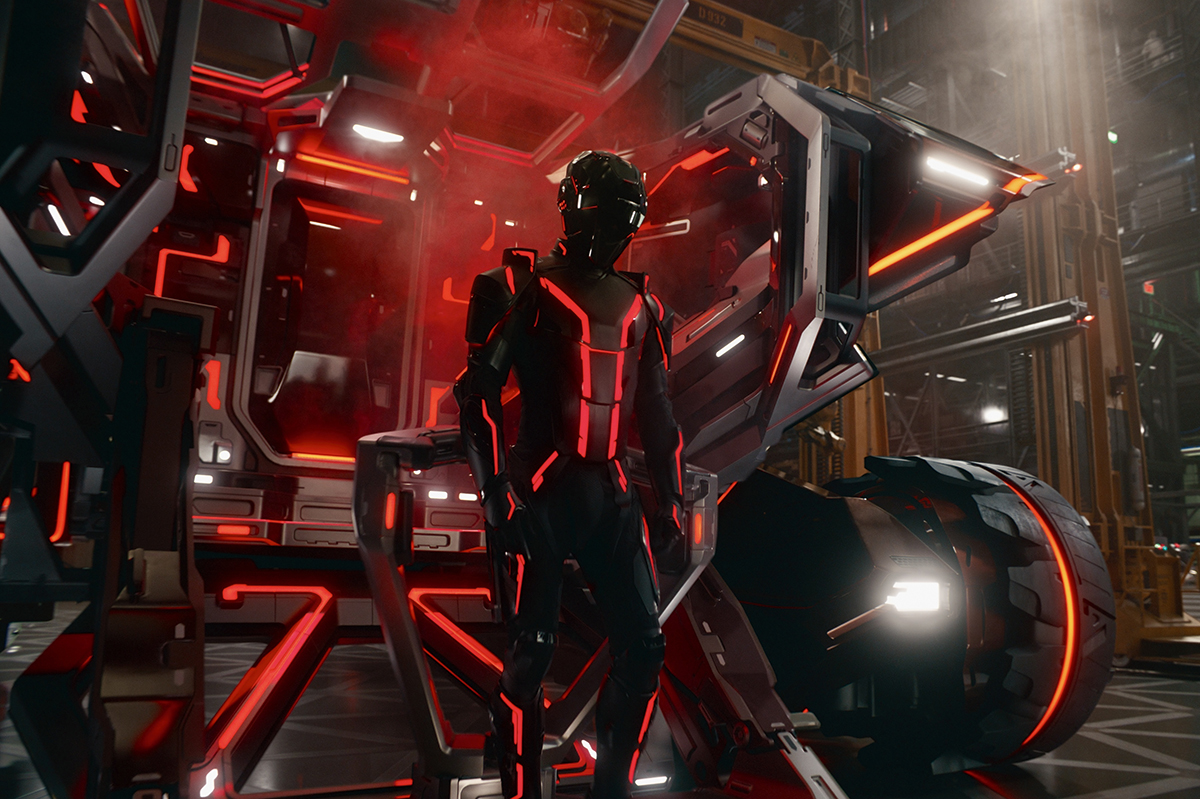
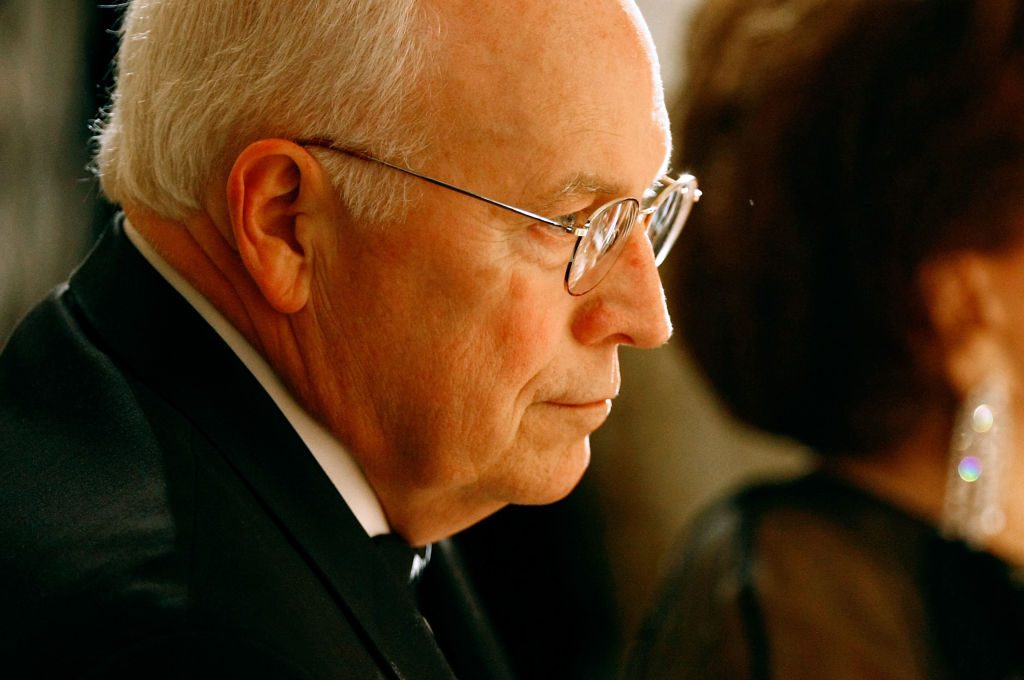
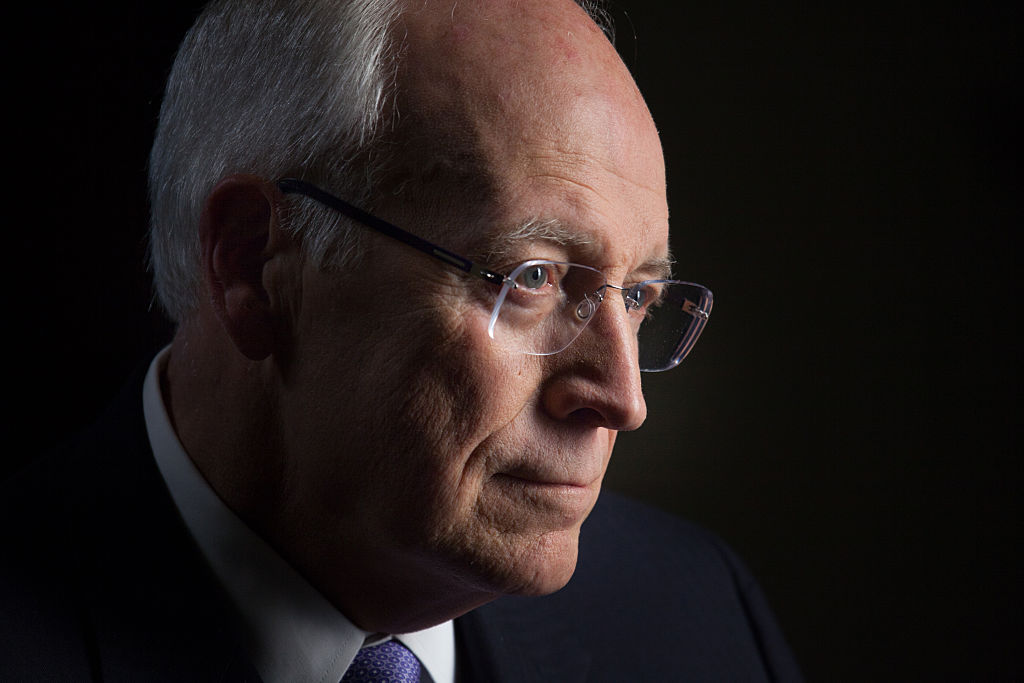
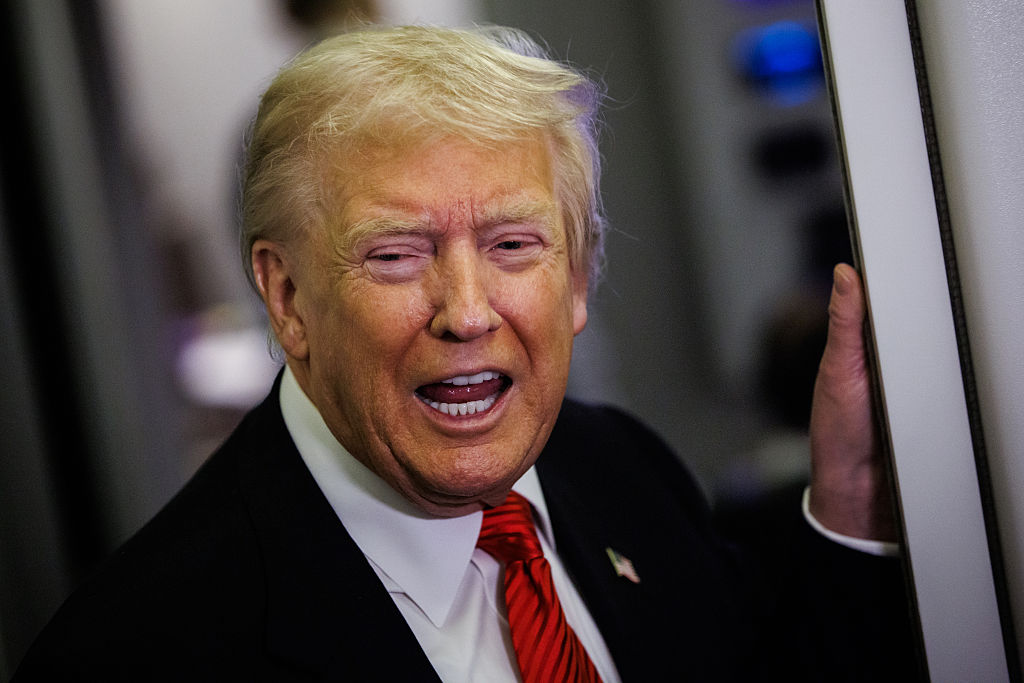
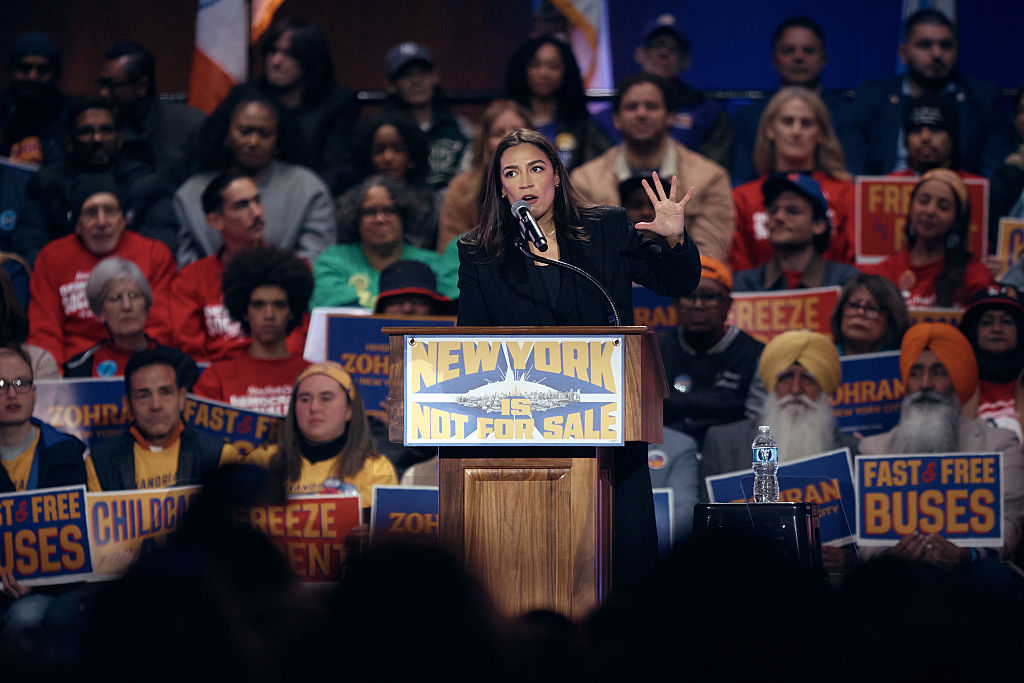







Leave a Reply